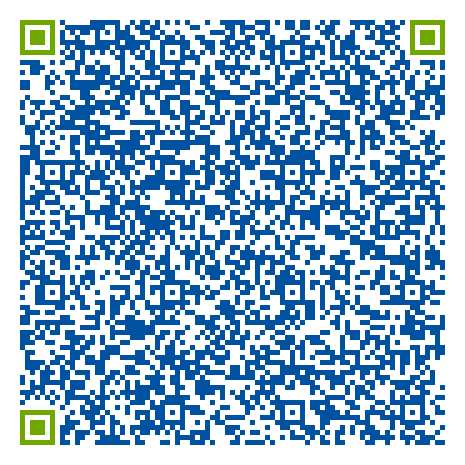Active torque generation in the actomyosin cytoskeleton drives chiral cell arrangement & A comprehensive transcription factor library for exploring cell fate conversion
- Datum
- 18.01.2019
- Zeit
- 16:00 - 17:00
- Sprecher
- Lokesh Pimpale, Jesus Eduardo Rojo Arias
- Zugehörigkeit
- Predoc; Postdoc
- Sprache
- en
- Hauptthema
- Biologie
- Andere Themen
- Biologie, Medizin
- Host
- Prof. Stephan Grill & Dr. Volker Busskamp
- Beschreibung
- Lokesh Pimpale (Predoc) Active torque generation in the actomyosin cytoskeleton drives chiral cell arrangement. AbstractMost animals are left-right (LR) asymmetric, however the molecular and physical mechanisms that drive LR symmetry breaking are largely unexplored. In C. elegans LR symmetry breaking is thought to be linked to the cytoskeleton. Recently, Naganathan et al 2014, showed that the actomyosin cortex generates active chiral torques in the single cell embryo. Similar chiral flows lead to chiral cell movements that are subsequently involved in establishing the LR axis at the 6-cell stage. We speculate that chiral movements are much more prevalent in development, driving cellular rearrangements and axis repositioning. I explore these chiral morphogenetic features in a quantitative manner in early stages of worm development and determine the extent of chiral cortical flows and chiral morphogenesis in the first few divisions of the nematode. Using RNAi mediated perturbations for actomyosin regulators, I modulate chiral flows and monitor their effect on axis establishment and cellular rearrangement until the 6-cell stage. Finally, by combining thin film active chiral fluid theory with experimental data, I will deliver a physical description of how torques are generated in the actomyosin cortex and how these events lead to morphogenetic changes in development. Jesus Eduardo Rojo Arias (Postdoc) A comprehensive transcription factor library for exploring cell fate conversion. AbstractTranscription factors (TFs) are central regulators of gene expression and cell fate. Currently, multiple cell types can be generated via enforced expression of specific TFs. Nonetheless, our understanding of TF-mediated cell conversion remains incomplete, partly due to TF abundance and diversity. To overcome this limitation, we assembled a comprehensive TF library (>1500 TFs) in an inducible antibiotic-selectable lentivirus-deliverable system. Our library represents a valuable tool for systematically exploring cell fate decisions under genetically defined conditions. We present our TF library and its application to identify TFs that rapidly and efficiently drive differentiation and neurogenesis in human induced pluripotent stem cells.
- Links
Letztmalig verändert: 18.01.2019, 01:09:40
Veranstaltungsort
Center for Regenerative Therapies Dresden (CRTD, auditorium right)Fetscherstraße10501307Dresden
- Telefon
- +49 (0)351 458 82052
- Fax
- +49 (0)351 458 82059
- TUD CRTD
- Homepage
- https://tu-dresden.de/cmcb/crtd
Veranstalter
Center for Regenerative Therapies DresdenFetscherstraße 10501307Dresden
- Telefon
- +49 (0)351 458 82052
- Fax
- +49 (0)351 458 82059
- TUD CRTD
- Homepage
- https://tu-dresden.de/cmcb/crtd
Legende
- Ausgründung/Transfer
- Bauing., Architektur
- Biologie
- Chemie
- Elektro- u. Informationstechnik
- für Schüler:innen
- Gesellschaft, Philos., Erzieh.
- Informatik
- Jura
- Maschinenwesen
- Materialien
- Mathematik
- Medizin
- Physik
- Psychologie
- Sprache, Literatur und Kultur
- Umwelt
- Verkehr
- Weiterbildung
- Willkommen
- Wirtschaft


